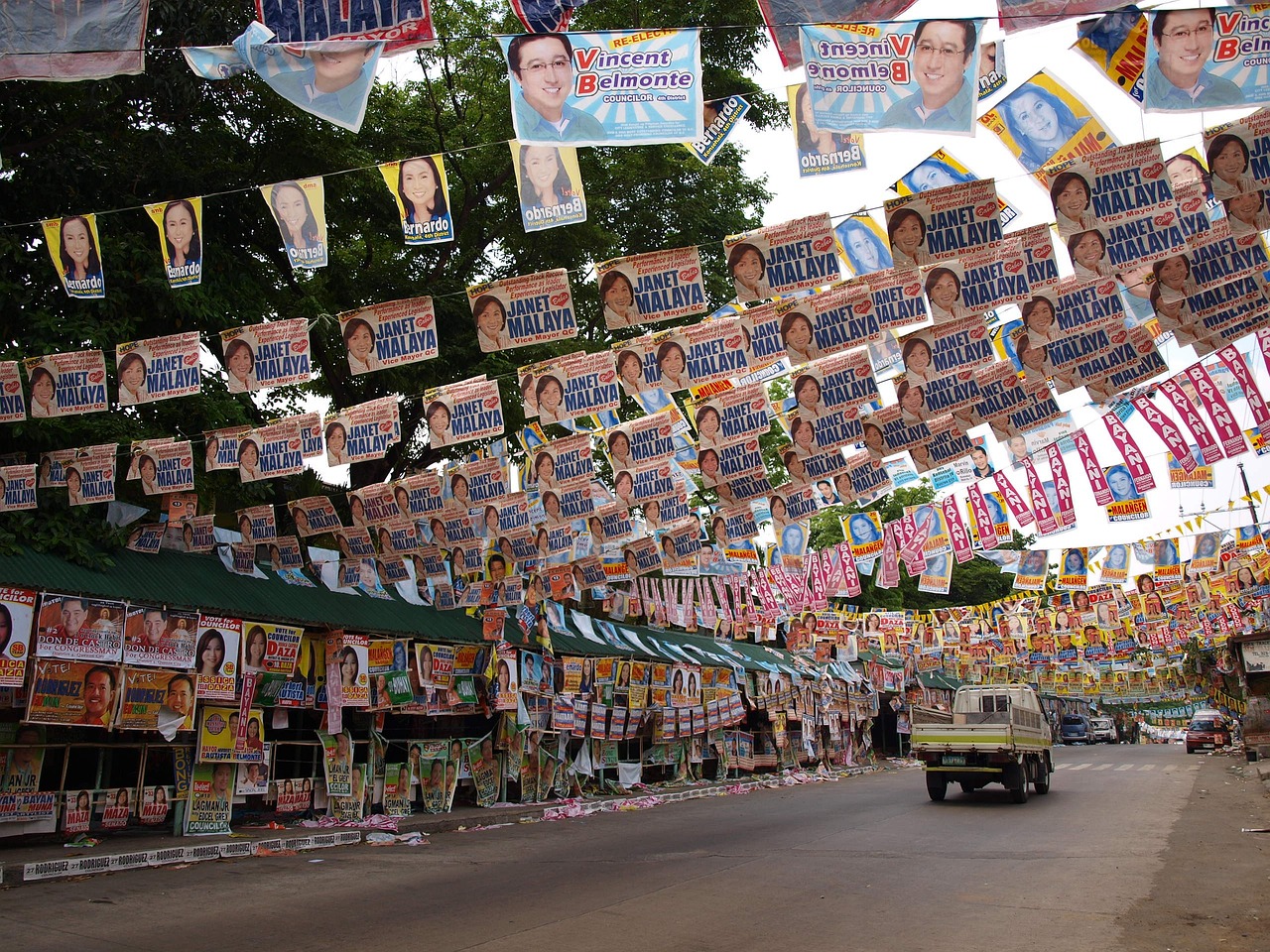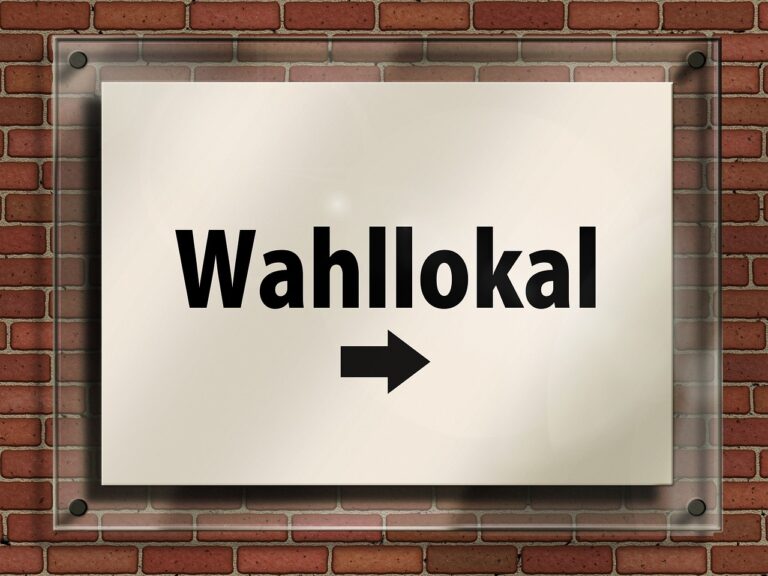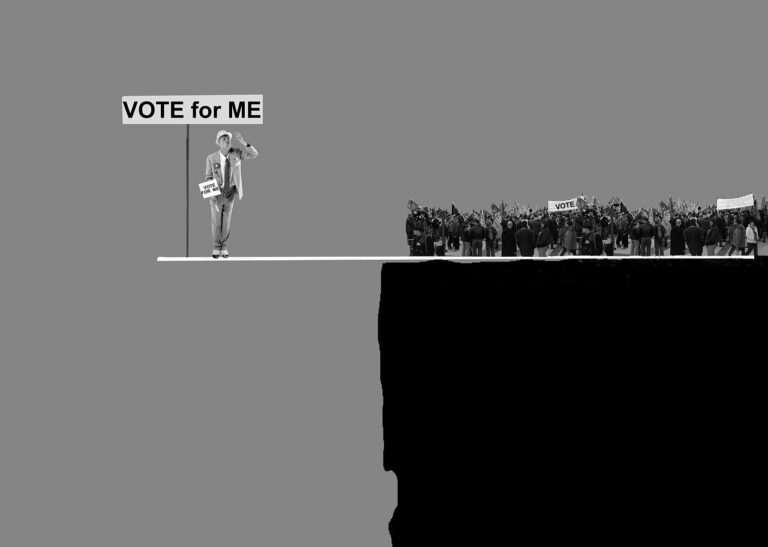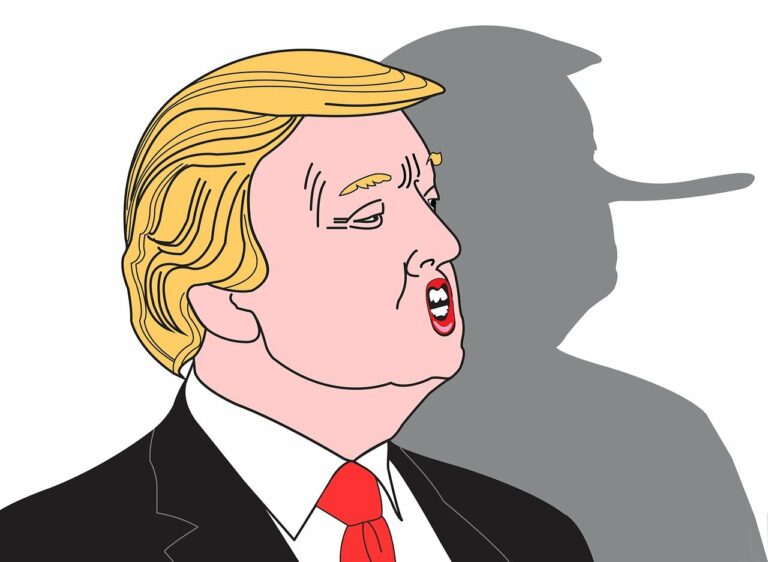Cultural Movements and Their Influence on Election Issues
In recent times, cultural movements have played a significant role in shaping the landscape of election issues. These movements, fueled by social media and grassroots activism, have brought several pressing social issues to the forefront of political discourse. From the #MeToo movement advocating for gender equality and addressing sexual misconduct to the Black Lives Matter movement demanding racial justice and police reform, these cultural shifts have forced political candidates to address these crucial topics in their campaigns.
Moreover, cultural movements have sparked critical conversations around topics such as climate change, LGBTQ+ rights, and income inequality, pushing candidates to adopt clearer stances on these issues. As these movements gather momentum and attract widespread public support, they have pressured politicians to prioritize these once-overlooked issues in their policy agendas. This growing influence of cultural movements on election issues not only reflects the changing values and priorities of society but also underscores the power of collective activism in driving political change.
The #MeToo movement has highlighted the importance of gender equality and addressing sexual misconduct in political campaigns.
The Black Lives Matter movement has brought attention to racial justice and police reform as crucial election issues.
Cultural movements have also sparked conversations around climate change, LGBTQ+ rights, and income inequality in political discourse.
Politicians are being pressured to take clear stances on these issues due to the growing public support for these cultural movements.
Impact of cultural movements on political discourse
Cultural movements have significantly influenced the overall tone and direction of political discourse in recent times. These movements bring to light crucial social issues that may have been overlooked or sidelined in traditional political debates. Their emphasis on inclusivity, diversity, and equality has pushed political leaders to address these pressing concerns and incorporate them into their policy agendas. The impact of cultural movements on political discourse has been profound, as it has forced politicians to engage with a broader range of societal issues and perspectives.
Moreover, cultural movements have the power to mobilize and unite diverse groups of individuals under a common cause or belief. This collective voice amplifies the societal demands for change and reform, compelling politicians to respond and adapt their platforms accordingly. By intertwining with election campaigns, cultural movements shape public opinion and influence voter behavior, making it imperative for politicians to align themselves with the values and principles espoused by these movements in order to secure electoral support.
Intersection of cultural movements and election campaigns
In recent years, there has been a noticeable intertwining of cultural movements with election campaigns. These movements, rooted in various social issues such as gender equality, racial justice, and environmental concerns, have significantly influenced the narratives and priorities of political discourse during election seasons. Far from being separate entities, cultural movements have become integral to the fabric of election campaigns, shaping policies and mobilizing voters around key societal issues.
The impact of cultural movements on election campaigns can be seen in how candidates now engage with issues that were once considered niche or secondary. Issues like LGBTQ+ rights, climate change, and systemic racism have moved to the forefront of political agendas, reflecting the growing influence of cultural movements on shaping public opinion and policy direction. As political candidates increasingly align themselves with these movements, voters are presented with a wider array of choices that mirror the diversity of perspectives within society.
How do cultural movements shape election issues?
Cultural movements bring attention to social issues that may have been previously overlooked, influencing political candidates to address these concerns in their campaign platforms.
How do cultural movements impact political discourse during election campaigns?
Cultural movements can shift the focus of political discourse towards topics that are important to marginalized communities, creating a more inclusive and diverse conversation among candidates and voters.
What is the intersection of cultural movements and election campaigns?
The intersection of cultural movements and election campaigns refers to the point where social movements and political campaigns overlap, influencing each other and shaping the political landscape during an election cycle.







